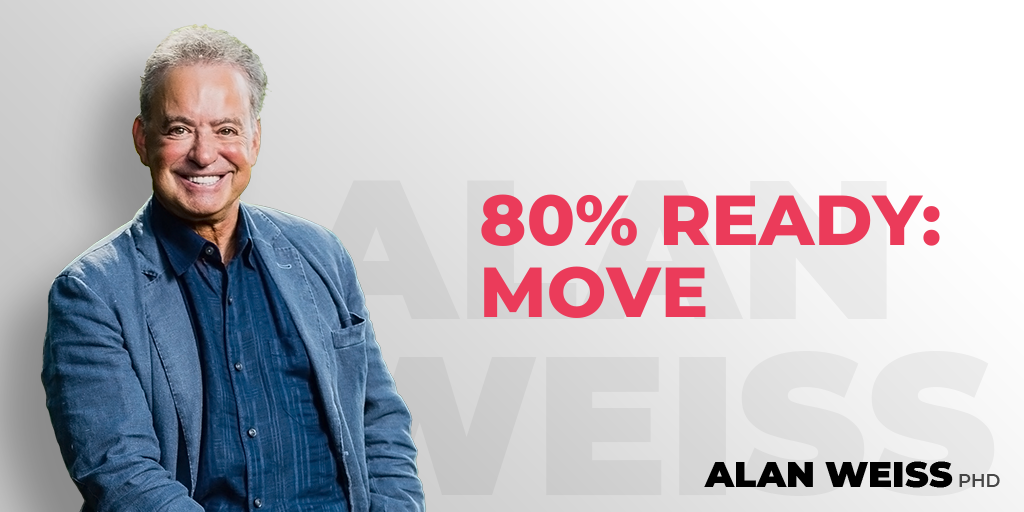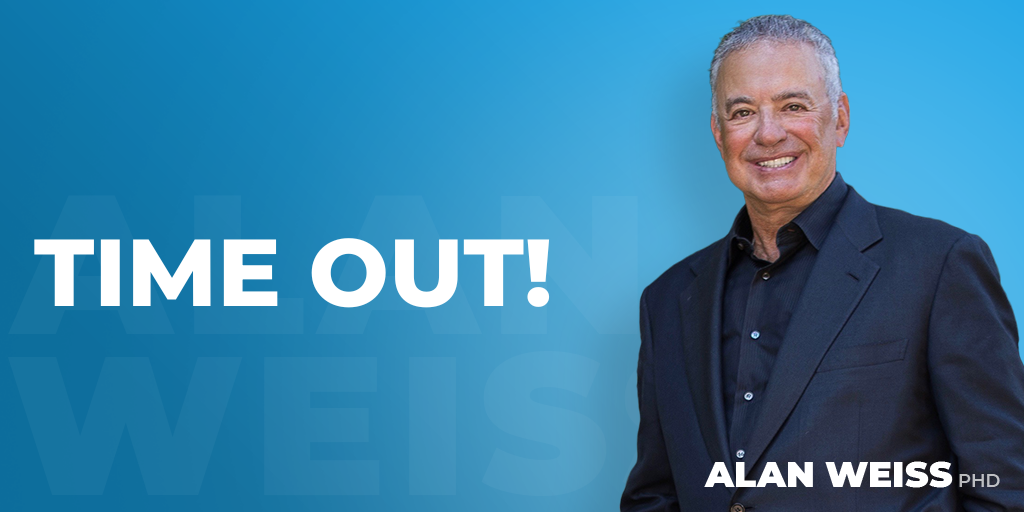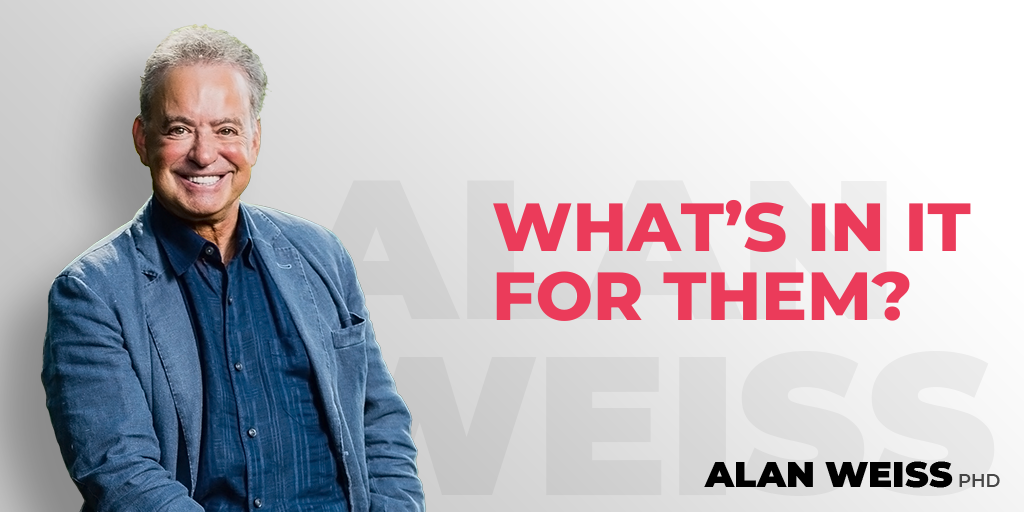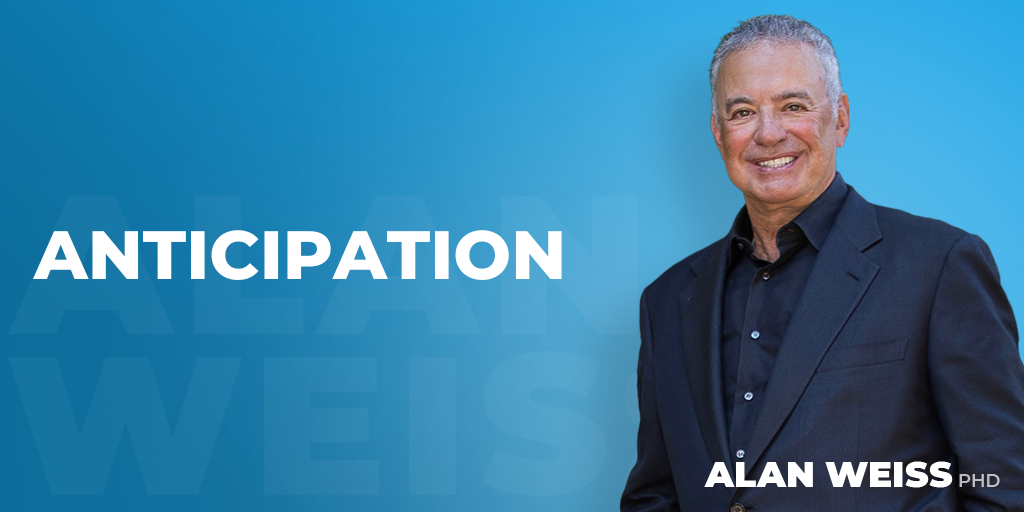Stop Listening to Customers and Have Them Listen to You
Henry Ford said, famously, that if he had asked customers what they most wanted in transportation they would have replied, “Faster horses.” Steve Jobs’s biography demonstrates that he virtually never asked customers for any feedback, but simply focused on providing exciting products, accepting the occasional dud. Akio Morita invented the Walkman in a complete vacuum of customer demand for such a device.
So why, then, do we still hear of organizations being “customer focused” or “customer driven” or incessantly convening focus groups and feedback mechanisms? I’ll tell you why: Because they’re afraid and out of ideas.
I don’t believe this is the equivalent of the draconian choices on New Hampshire’s license plate, “Live Free of Die.” Sounds like more of a threat than a philosophy. And I frequently listen to my clients who say, “We have critical mass to support this project if you’ll create it for us.” Throw money at me, and I become marvelously attentive.
But I also created a highly successful mentoring program, coaching program, consulting college, million dollar club, and scores of other experiences by simply creating what I felt would be exciting, challenging value for my ideal clients. I try to determine what they would most profit from which they can’t find anywhere else. Hence, high value, high fee. (Interesting how these things correlate, right?)
Banks, airlines, insurance companies, and most industries can’t seem to produce excitement. They stick to the tried and true and until it’s dried and blue. They listen to customers so that they can say, “You told us you wanted this now buy it. If it doesn’t work, it’s your fault.”
Great teachers create excitement for students. Great operations create excitement for customers. They provide value in terms of unknown need, and don’t merely respond to what customers want, which is a commodity, price sensitive business.
What kind of professional services provider are you? Are you trying to react to what clients want and compete on price, or are you creating new need and getting paid for that unexpected value?
It’s not a very hard choice if you want to be sought out and create your own future.
© Alan Weiss 2012. All rights reserved.







Tim Wilson
Alan,
This post reminded me of a new series on the History channel that is documenting the men who built the country, Vanderbilt, Rockefeller, Carnage, and others. The first part is dealing with Vanderbilt and Rockefeller. It describes how these men exploited opportunities that others wouldn’t.
Vanderbilt didn’t go into the oil drilling business but the refinery business Rockefeller, moving freight on railroads instead of ships.
When Vanderbilt tried to squeeze more money out of Rockefeller for shipping his kerosene oil, Vanderbilt built a pipeline and pioneered the pipeline business.
Normal consultants do time base billing making them a vendor forcing you to look for more time based work, Alan Weiss value based fees makes you a partner and advisor, allowing you to add value and get paid what you’re worth opening the door to more lucrative assignments.